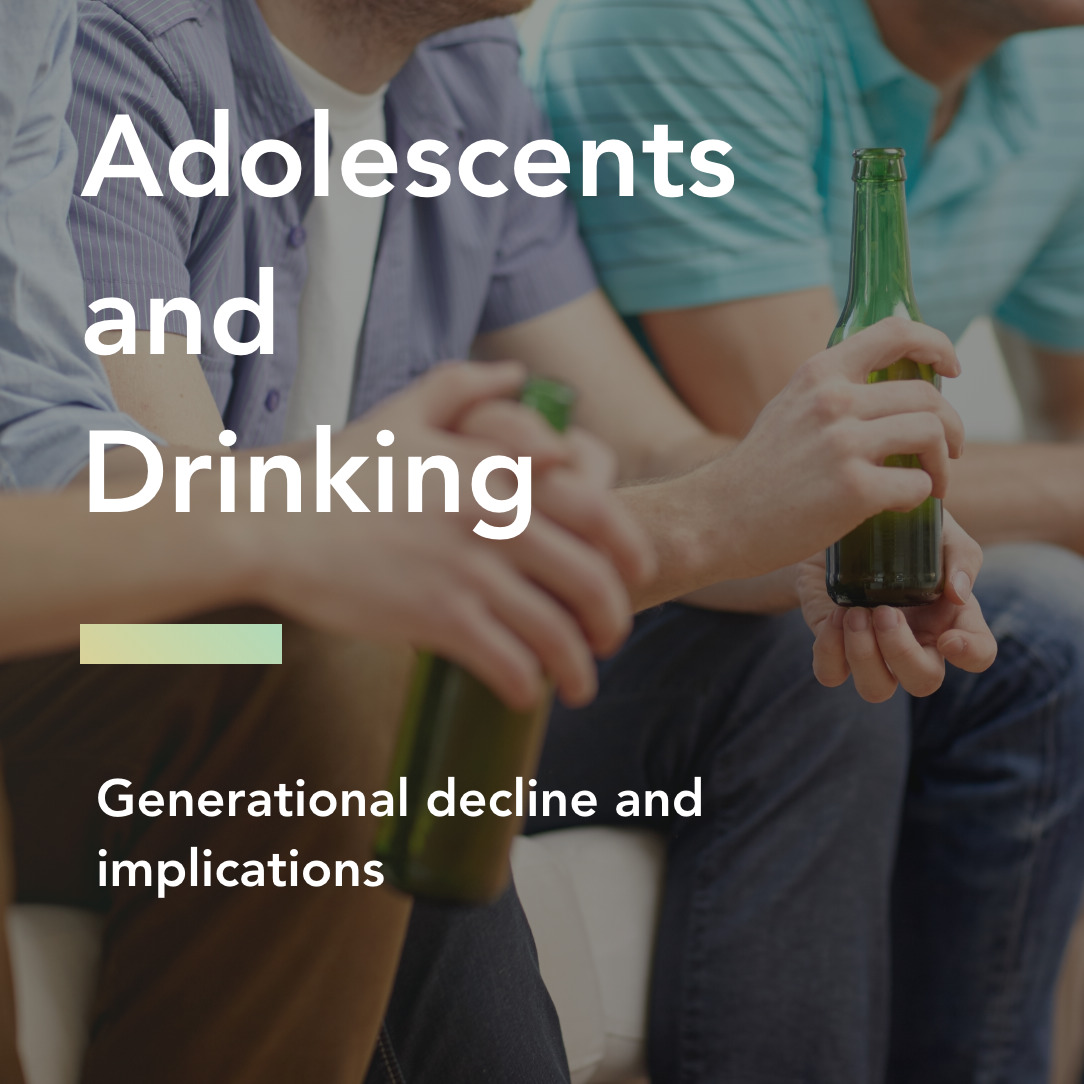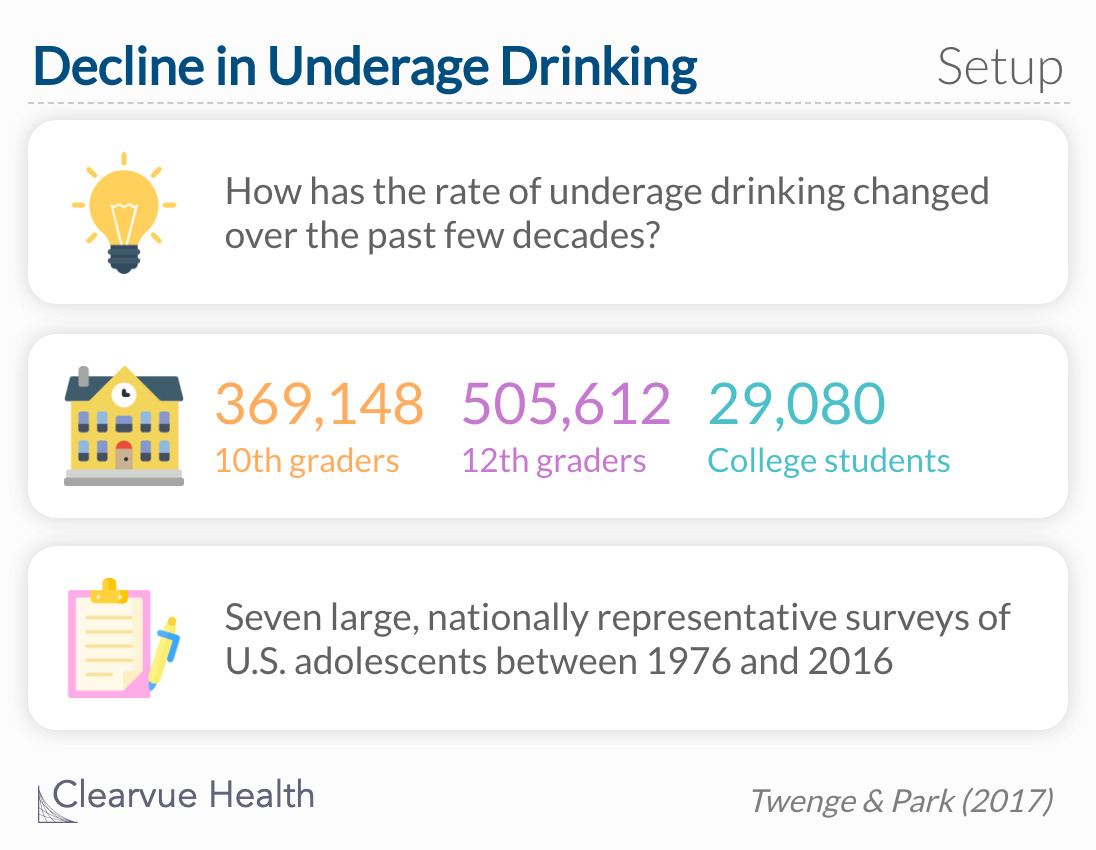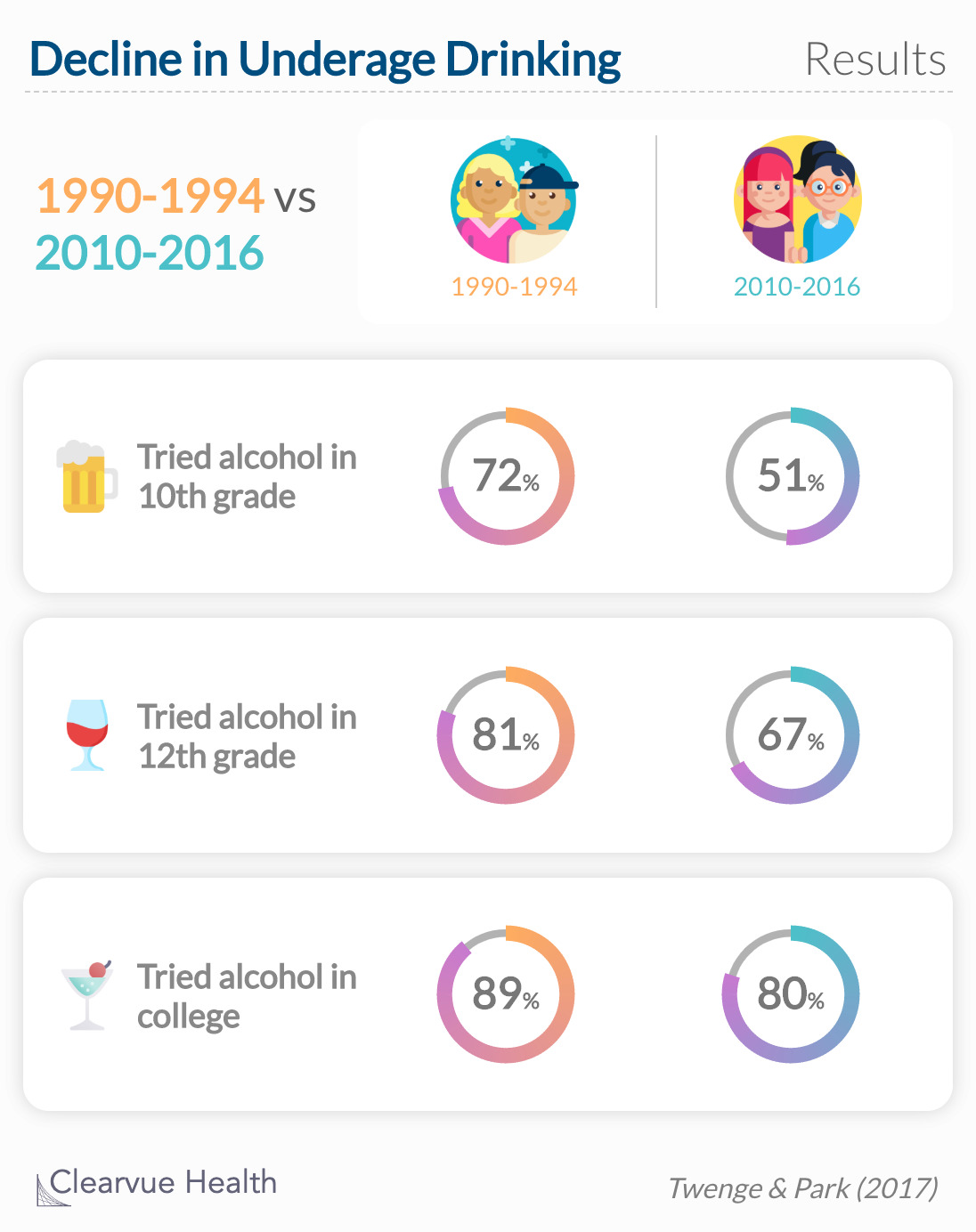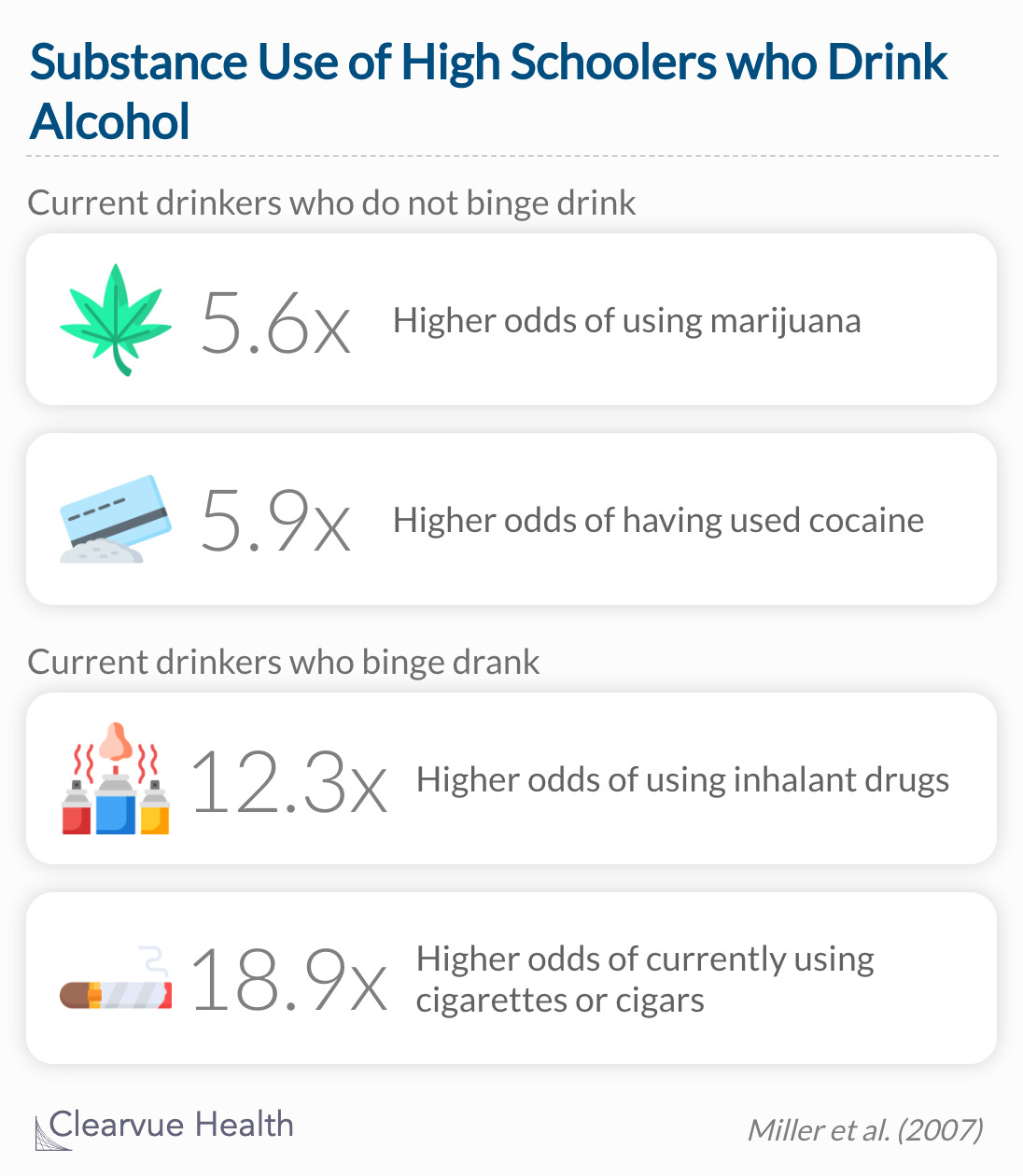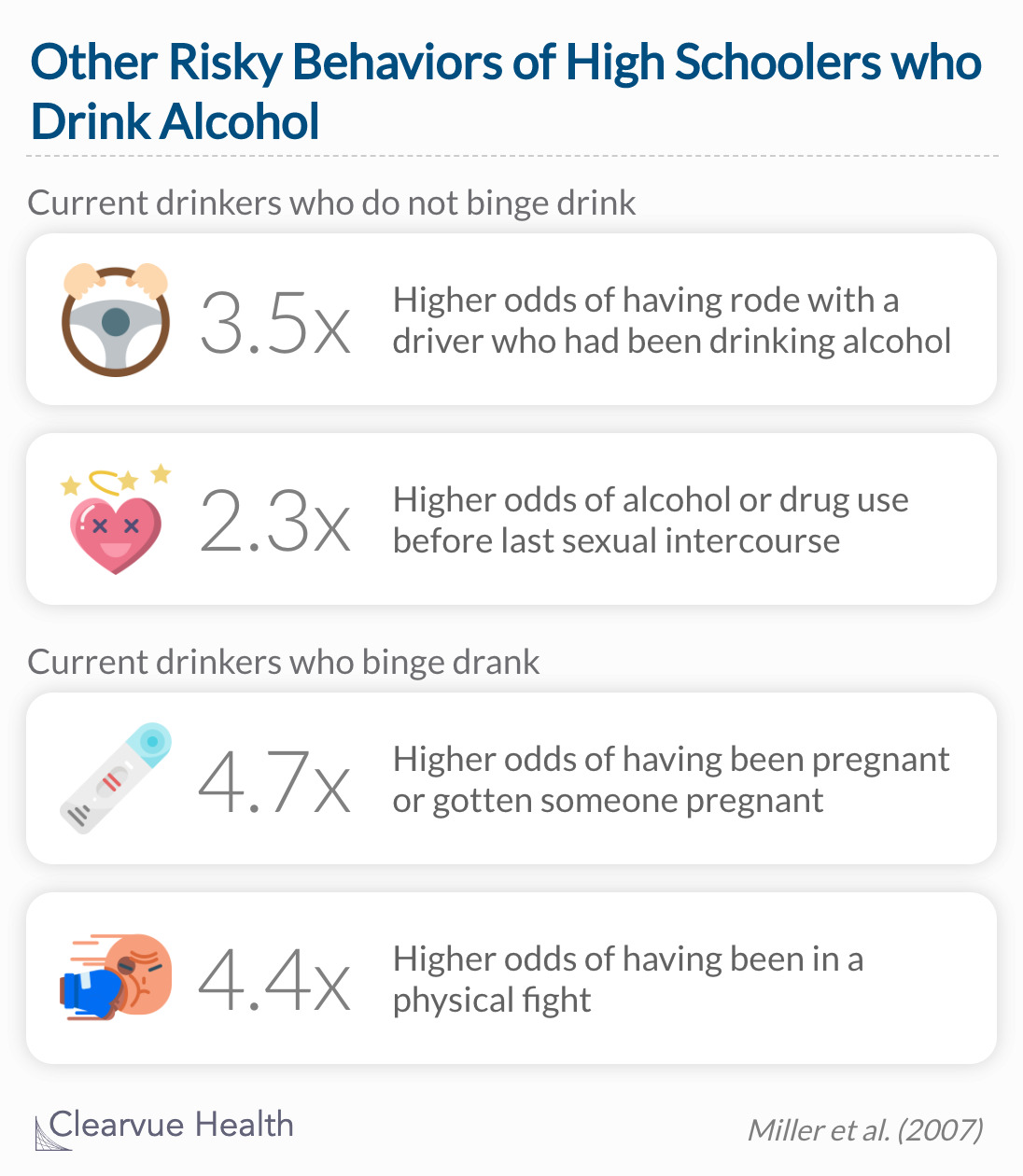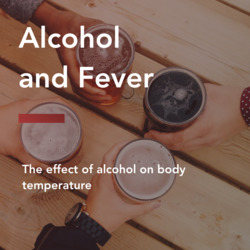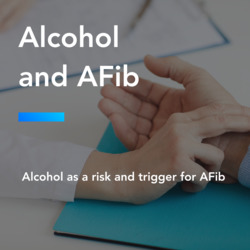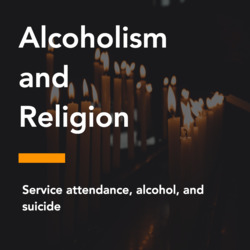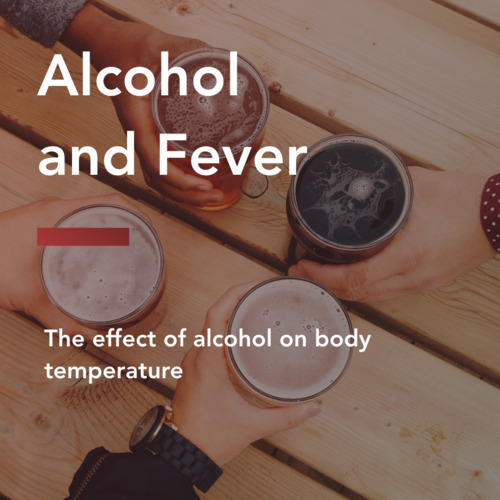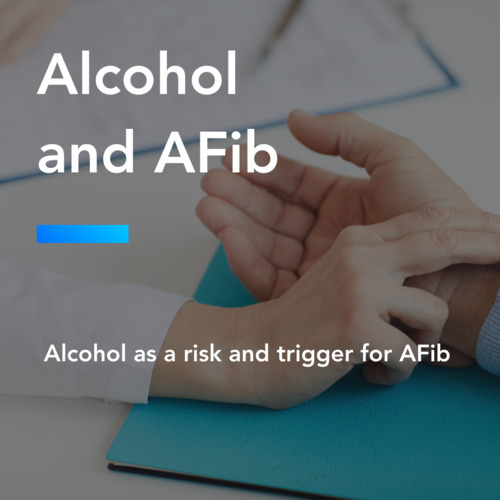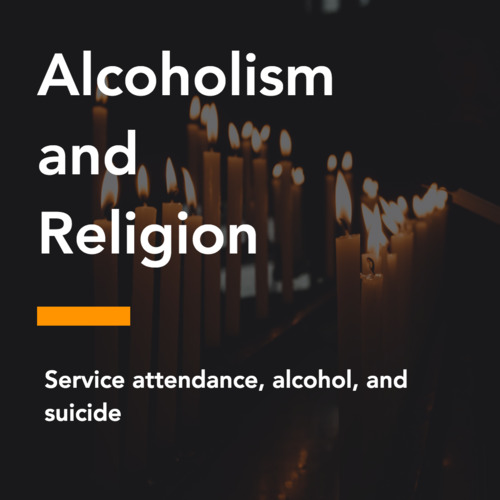Drinking alcohol is often a mysterious, scary, yet exciting new experience for young adults. Teenagers who drink underage must feel a sense of risk and rebellion. As enticing as alcohol may be to some teenagers, the health and developmental risks are abundant. However, these risks are felt differently by generation. Over time, the trends of teenage drink are changing. In this article, we discuss the generational decline of underage drinking and its implications.
“
On average, underage drinkers consume more drinks per drinking occasion than adult drinkers.
CDC
20-years+ of data on underage drinking
Source: The Decline in Adult Activities Among U.S. Adolescents, 1976–2016
A large study looked at a variety of adult activities among adolescents in the United States. The data came from the Youth Risk Behavior Surveillance System survey, which is regularly collected by the CDC. They found that fewer high school and college students reported ever drinking alcohol in recent years compared to students from 20+ years ago.
“
The vast majority will eventually drink alcohol, but they are doing so at older ages than in previous generations.
There are a multitude of factors that may have contributed to this decline. Society has changed plenty since 1990 with the introduction of new technologies, social media, and policies. Stricter drinking laws may partially explain the decline, however, changes in laws can not account for changes in attitudes.
Underage drinking and other risky behaviors
Let's talk about a study that explores the implications of young adults who do and do not drink alcohol. A sample of 15,214 high school students were surveyed about their health behaviors. Researchers used this data to associate drinking with other risky behaviors. They found that those who drank in high school were at increased odds of partaking in a variety of adult activities compared to nondrinkers. These odds were even higher among students who reported binge drinking, or drinking to excess.
Implications
Studies like these highlight the complimentary nature of risky behaviors. That is why the downward trend of underage drinking likely effects other risky behaviors as well. The decline in early drinking among the most recent generation may contribute to their ability to develop healthily and make safer choices than ever before.
